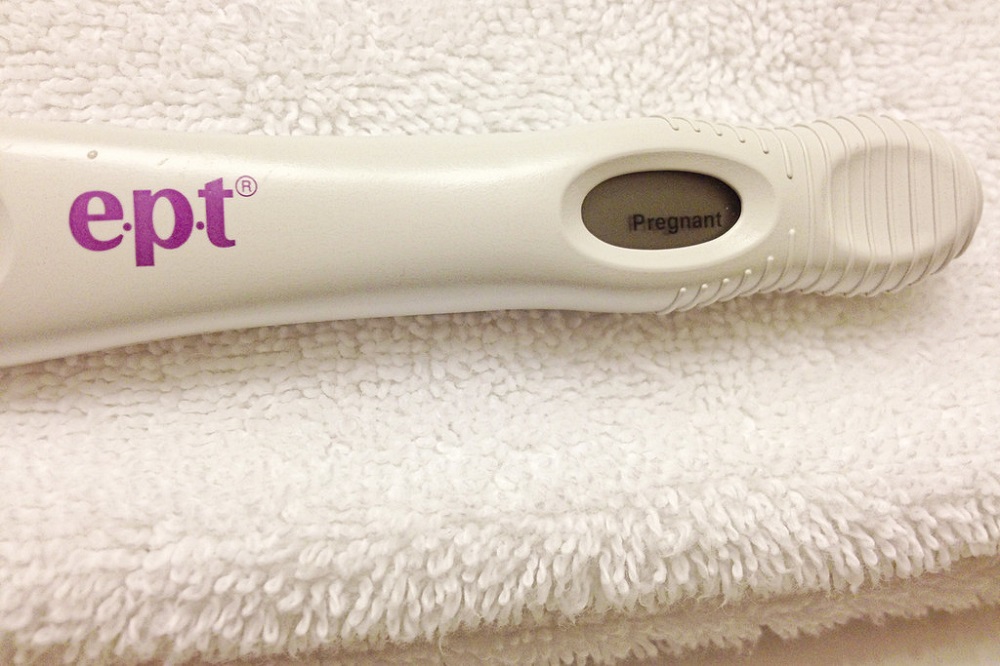Rise in medical abortions in Wales amid lockdown as new measures introduced

There has been a rise in medical abortions in Wales as arrangements to allow women to terminate pregnancies at home were introduced during the lockdown.
In Wales, 92.5 had a medical rather than a surgical abortion in 2020, compared with 87% in England. That was a rise in medical abortions in Wales from 90.9 in 2020.
10,594 abortions were carried out in Wales in total in 2021, up from 9,834 in 2020 and 9,476 in 2019, which has mirrored a rise in England.
Abortion providers suggested that the rise across Wales and England was a result of both measures introduced by governments and also the uncertainty caused by the pandemic.
“The pandemic, and the policies adopted by the government in response, have had a clear impact on women’s pregnancy choices,” said Clare Murphy, the chief executive of the British Pregnancy Advisory Service (BPAS), a major abortion provider.
“Faced with economic uncertainty and job insecurity, women and their partners have been making sometimes tough decisions around continuing or ending a pregnancy.”
It was announced in February this year that arrangements for women and girls in Wales to have early medical abortions in their own homes without the need to attend a hospital or clinic were being made permanent.
During the pandemic, temporary adjustments were introduced which allowed women and girls to take the tablets required for an early medical abortion, provided they are no more than 9 weeks and 6 days pregnant, at home.
In February these arrangements were made permanent in a move the Welsh Government has said demonstrates “their commitment to supporting women.”
The newly published figures for 2021 also showed that women living in Wales’ most deprived areas are almost twice as likely to have abortions than women living in the least deprived areas.
The rate in the most deprived areas in Wales is 25.5 per 1,000 women, compared to 13.0 per 1,000 women living in the least deprived areas, according to new figures by the Office for Health Improvement and Disparities.
Wales had the fourth-highest abortion rate across the nations and regions of Wales and England. Overall, the North West and West Midlands of England, and London, had the highest abortion rates, and then Wales.
The north of Wales’ Betsi Cadwaladr University Health Board carried out the most abortions at 2,453, with Powys the least at 300. Of Wales’ counties Ceredigion had the lowest abortion rate at 12.6 per 1,000 women, compared with the highest, 25.3, in Denbighsire.
‘Support women’
At the time the changes to medical abortions were announced in February, Welsh Conservative Member Darran Millar said in the Senedd that he was “bitterly disappointed” by the move.
The Clwyd West MS, who is a member of the Evangelical Alliance, called for the Health Minister to answer questions in the Senedd on the matter.
“Obviously, they are significant changes to the permanent abortion regime, and there are many people who have contacted me to say that they are very concerned about risks to women’s health as a result of these changes, and indeed the prospect that people can be coerced into taking abortion medication,” he said.
“And not only that, but that the system could also potentially be abused and people could obtain abortion medication and then pass them on to others.
“We need the opportunity to scrutinise this decision, and I think that there should be the opportunity for a debate or a statement in this Chamber prior to any changes being introduced.”
However, describing the decision as “a progressive step which demonstrates Welsh Government’s commitment to supporting women” the Health Minister said that following a consultation she was satisfied “the arrangements are safe and bring significant benefits to women and girls who wish to access abortion services, with reduced waiting times”.
“Welsh Government consulted on the temporary arrangements between December 2020 and February 2021 and I have carefully considered the responses along with subsequent information on the safety of abortion services under these arrangements in making this decision,” she added in a written statement.
“New guidance has been developed by clinicians working along with the Royal College of Obstetricians and Gynaecologists, the Faculty of Sexual and Reproductive Healthcare and British Society of Abortion Care Providers to enable the NHS in Wales to implement the change as effectively as possible.
“The guidance includes steps to ensure women accessing the service are not subject to coercion or exploitation in line with Welsh safeguarding protocols. The guidance also emphasises the need to provide advice and support to women on contraception and reproductive health.”
Support our Nation today
For the price of a cup of coffee a month you can help us create an independent, not-for-profit, national news service for the people of Wales, by the people of Wales.





